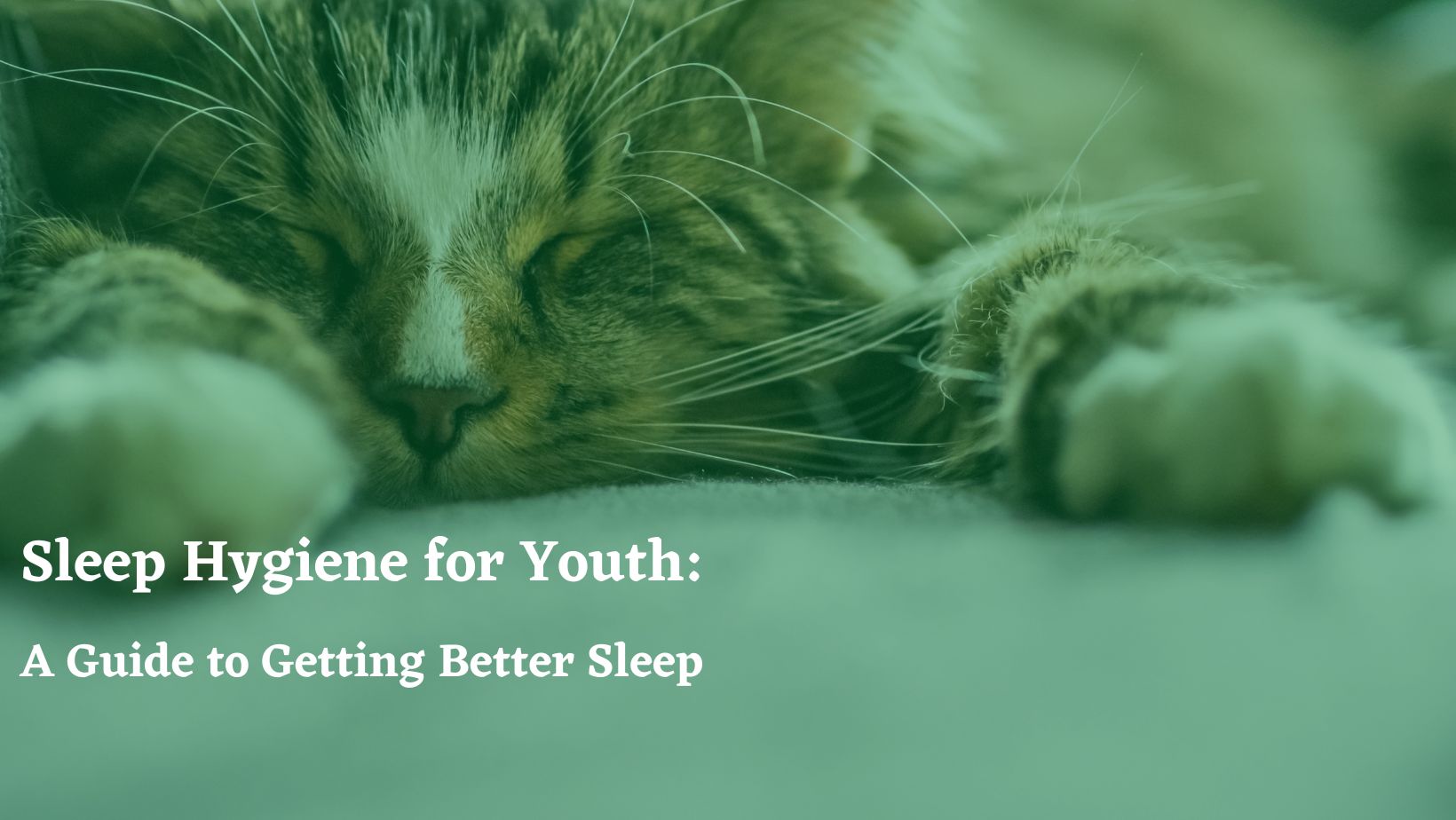
Sleep is essential for healthy development and well-being in youth. Unfortunately, many youths don’t get the sleep they need. Poor sleep hygiene—the habits and behaviors surrounding sleep—can contribute to insufficient sleep. Fortunately, good sleep hygiene can help improve sleep quality and duration in youth. Here’s what you need to know about sleep hygiene for youth.
Why is sleep important for youth?
Adequate sleep is essential for physical, mental, and emotional health in youth. It helps the body and brain develop and grow, and it contributes to a healthy immune system. Poor sleep can lead to problems such as difficulty concentrating, poor academic performance, moodiness, and even behavior problems.
What are good sleep hygiene habits for youth?
Good sleep hygiene habits can help youth get the sleep they need. Practices such as establishing a consistent bedtime routine and avoiding caffeine and screens before bed can create a conducive environment for sleep.
- Establish a consistent bedtime routine. Developing a consistent bedtime routine and sticking to it can help youth prepare for sleep. This might include taking a warm bath, reading a book, or listening to calming music before bed.
- Avoid caffeine and screens before bed. Caffeine can interfere with sleep, and screens can be stimulating, so youth should avoid both before bed.
- Ensure a comfortable sleep environment. The bedroom should be a comfortable, dark, and quiet environment. This means removing distractions such as electronics, noise, and light.
- Exercise regularly. Regular physical activity can help improve sleep quality. However, exercise should be avoided too close to bedtime as it can be stimulating.
- Make sure the bedroom is used only for sleep. Youth should avoid activities such as studying, watching TV, or using computers or phones in the bedroom.
- Avoid large meals before bed. Eating a large meal can interfere with sleep, so youth should avoid eating a big meal close to bedtime.
- Don’t nap too late in the day. Napping can interfere with nighttime sleep.
- Avoid sleeping in on the weekends. Staying up late and sleeping in on the weekends can disrupt the body’s natural sleep-wake cycle.
Conclusion
Sleep is essential for healthy development and well-being in youth, and good sleep hygiene is key to getting the sleep they need. Setting a regular bedtime routine, avoiding caffeine and screens before bed, making sure you have a comfortable place to sleep, working out regularly, and not eating big meals or taking naps too late in the day can help improve the quality and length of sleep in young people.
Contact us and one of our team members will get back to you within 48 hours.
111 Waterloo St unit 406 London ON N6B2M4
mail@resiliencec.com
Phone + 1 (226) 374-4457
Cell + 1(226) 210-4170
Fax + 1 (226) 916-0283
Related Posts
Sleep Hygiene for Youth: A Guide to Getting Better Sleep
Sleep is essential for healthy development and well-being in youth....

